23andme is Selling Your Data. Here’s How To Delete It.
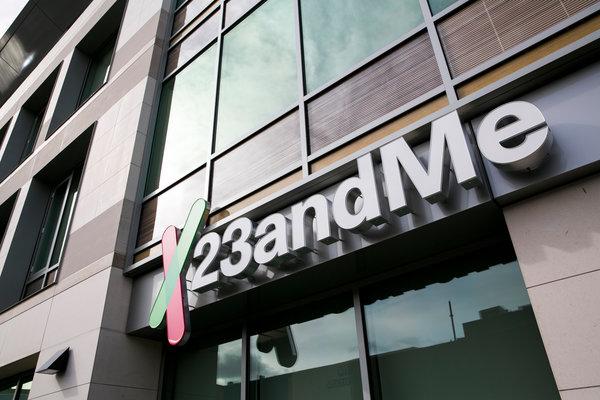
Popular spit-in-a-tube genetics-testing companies like Ancestry and 23andMe can — and frequently do — sell your data to drugmakers to third party companies, research institutions and nonprofits. July 26, 2018 one of those partnerships became much more explicit, when the pharmaceutical giant GlaxoSmithKline announced it was acquiring a $300 million stake in 23andMe. As part of a four-year deal between the two companies, GlaxoSmithKline will comb 23andMe’s genetic data to look for potential new drugs to develop, also referred to as drug targets. It will also use the genetic data to inform how patients are selected for clinical trials.
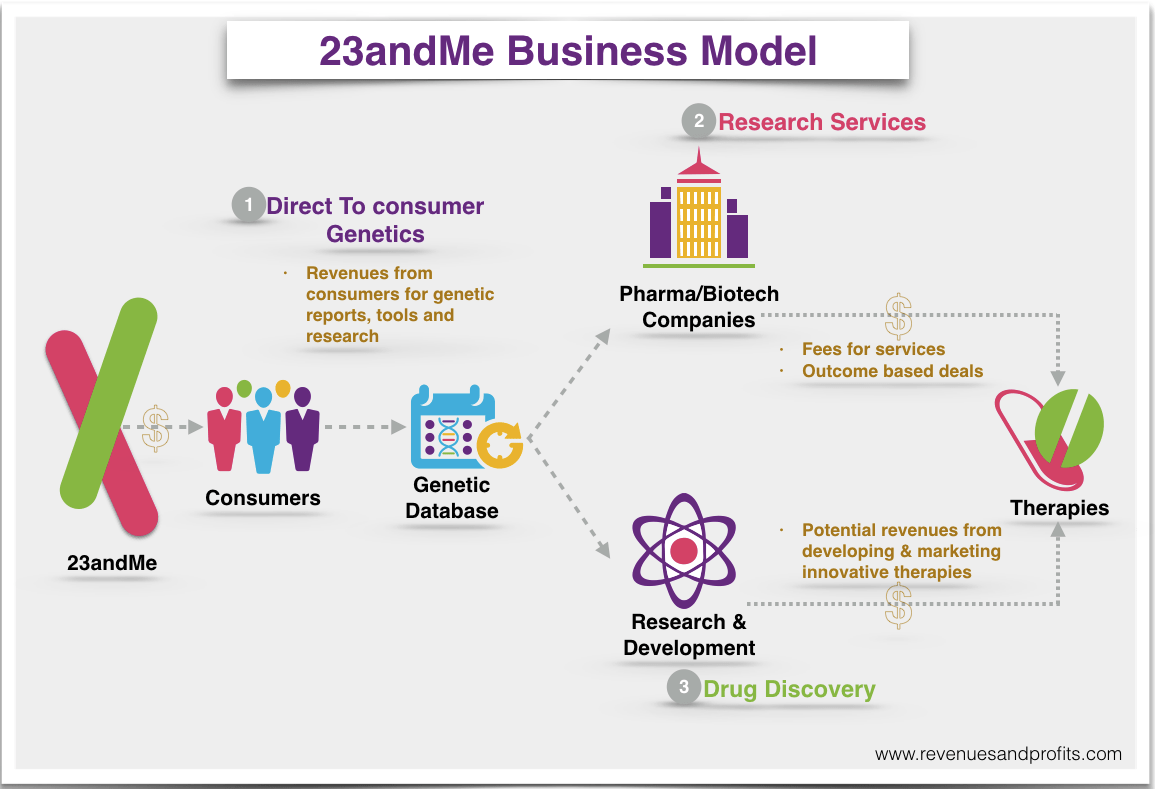
If that news has you thinking about how your own genetic material is being used for research, know that though the DNA you submit to these services is ostensibly anonymized data.
Really though, is your privacy protected?
Popular Science puts it this way.
“The product isn’t really a kit…the product is you,” Popular Science wrote after the announcement. Others have speculated that the company’s long-term goals include selling your data for advertising purposes. 23andMe assures customers that if you consent to share your genetic information with third parties, your data will be anonymized and aggregated “so that you cannot reasonably be identified as an individual.”
Of course they would never, ever break that rule. Except that even if they don’t, it turns out you can find out a man’s last name using only the short repeats on his Y chromosome and access to a genealogy database. Oh, and then you can identify his age and which state he lives in using publicly accessible resources. But other than that, it’s totally anonymous.
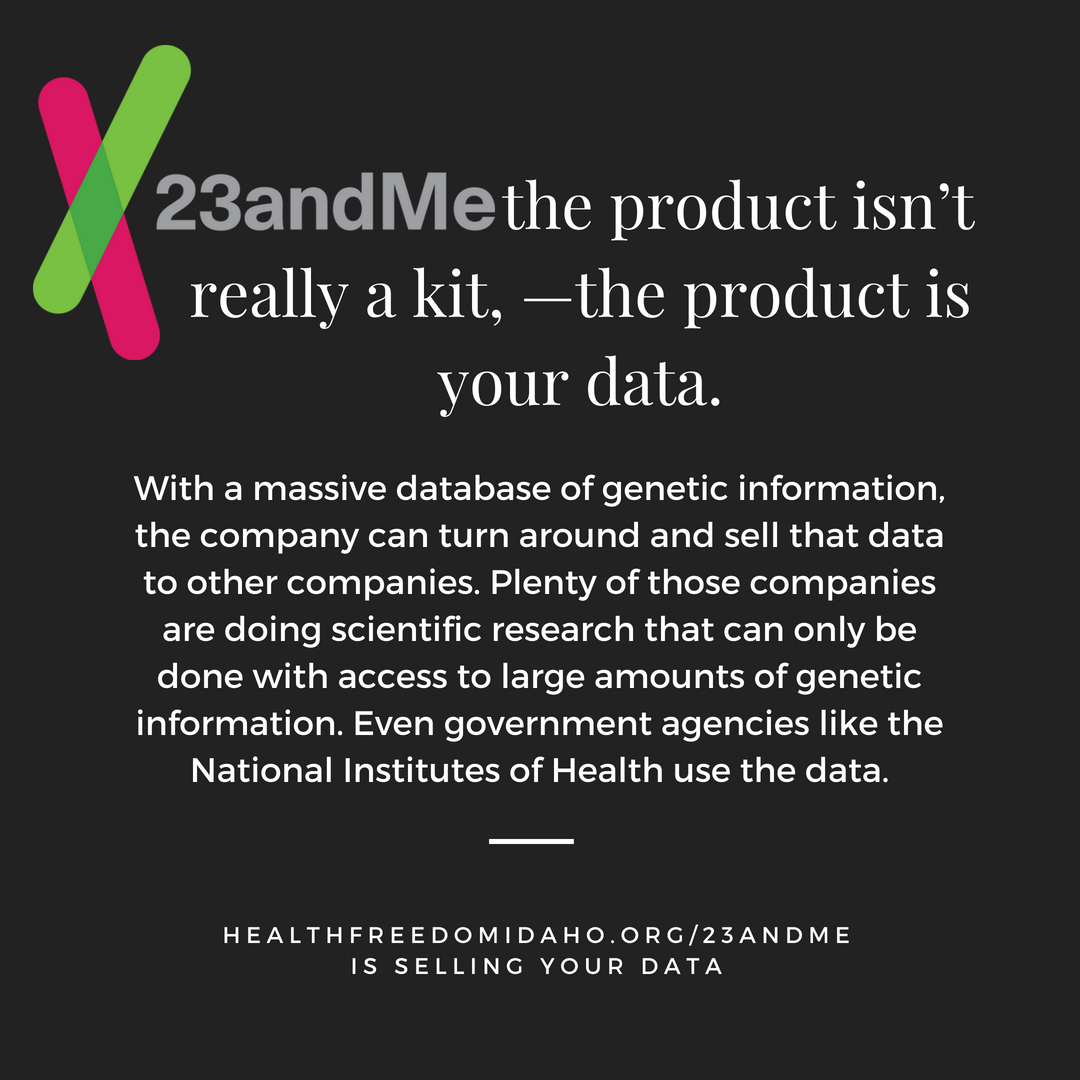
So in a search for information about genetic predispositions and polymorphisms we have submitted our DNA with all our genetic code to a company selling it to the highest bidder. Without genetic privacy protections, the information stored in our genes might be used to discriminate against us or send us targeted ads. For these reasons, some have said we should skip out on consumer DNA tests if we value our privacy.
Can you undo the sharing of your DNA data? Well, its all a matter of trust.
Deleting Your Data
Deleting your genetic data from these platforms can be a surprisingly tricky process. Here’s how to navigate removing your spit sample and DNA data from the databases maintained by 23andMe, Ancestry, and Helix.
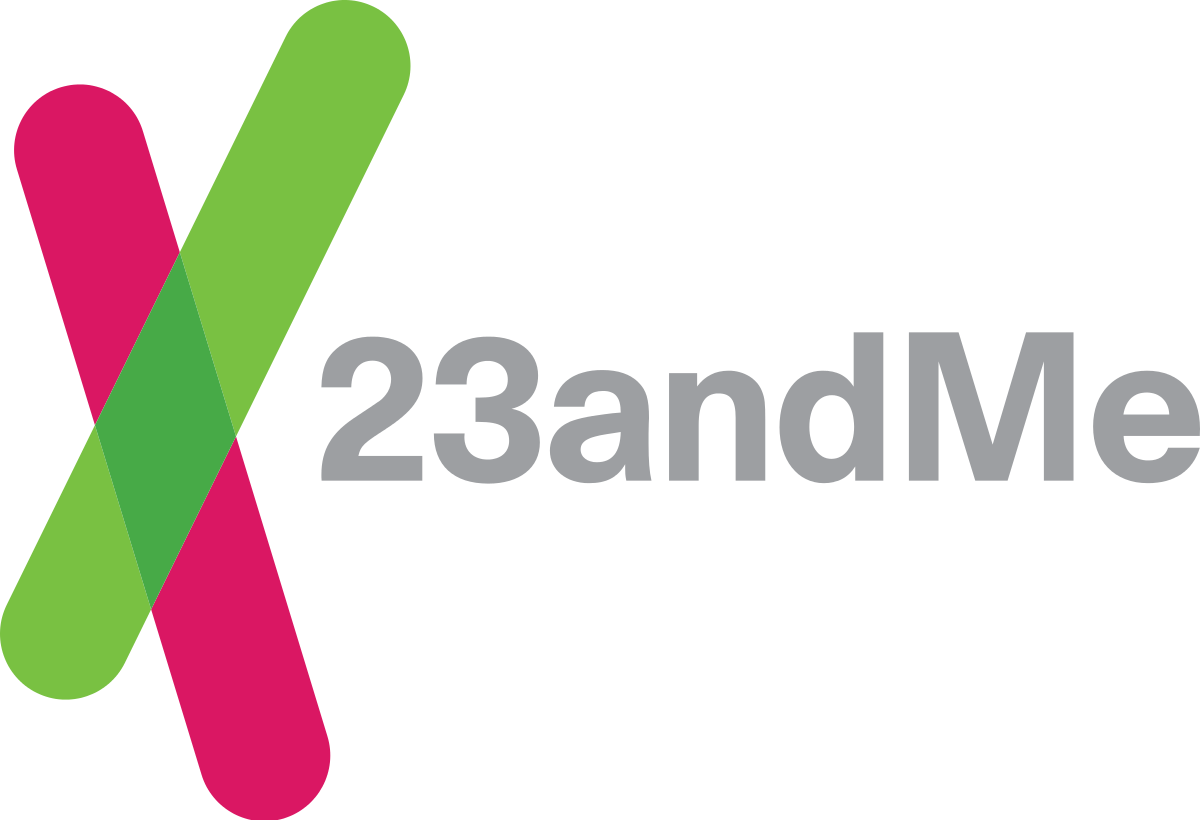
23andMe may keep your spit and data for up to a decade
23andMe Instagram The core service provided by most commercial genetic tests is built on the extraction of your DNA from your spit — that’s how you get the information about your health or ancestry.
After registering your spit sample online with 23andMe, you will be asked whether you’d like your saliva to be stored or discarded. But you are not asked the same question about your raw genetic data, the DNA extracted from your spit.
Based on the wording of something called the “biobanking consent document,” it’s a bit unclear what happens to that raw DNA once you decide to have 23andMe either store or toss your spit.
Here’s what it says (emphasis added):
“By choosing to have 23andMe store either your saliva sample or DNA extracted from your saliva, you are consenting to having 23andMe and its contractors access and analyze your stored sample, using the same or more advanced technologies.”
That leaves a bit of a gray area as far as what 23andMe has the ability to keep and how it can use your DNA information. If your spit or DNA sample is stored, the company can hold onto it for one to 10 years, “unless we notify you otherwise,” the document says.
Still, you can submit a request that the company discard your spit or close your account. To find instructions to do so, go to its customer-care page, navigate to “accounts and registration,” scroll to the bottom of the bulleted list of options under “account creation and access,” and select the last one, “requesting account closure.”
Ancestry won’t toss your spit unless you call, but you can delete your DNA results
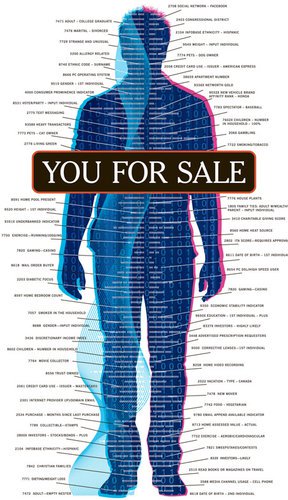
Sarah Kimmorley/Business Insider Australia If you want to delete your DNA test results with Ancestry, use the navigation bar at the top of the homepage to select “DNA.” On the page with your name at the top, scroll to the upper right corner, select “settings,” then go to “delete test results” on the column on the right side.
The company’s latest privacy statement says that doing this will result in Ancestry deleting the following within 30 days: “all genetic information, including any derivative genetic information (ethnicity estimates, genetic relative matches, etc.) from our production, development, analytics, and research systems.”
However, it says that if you opted into Ancestry’s “informed consent to research” when you signed up, the company cannot wipe your genetic information from any “active or completed research projects.” But it will prevent your DNA from being used for new research.
To direct the company to discard your spit sample, you must call member services.
Helix will toss your spit upon request but can keep data ‘indefinitely’
In its latest privacy policy, Helix, a consumer genetics-testing company based in San Francisco, says it may “store your DNA indefinitely.”
The company also stores your saliva sample. You can request your spit be destroyed by contacting Helix’s customer-care division. There, you’ll find a request form that looks similar to 23andMe’s.
Are you concerned about your DNA being used to create drugs? How could that sensitive data be compromising in the wrong hands? Share your reasons in comments below.
This article originally appeared at: https://www.businessinsider.com/dna-testing-delete-your-data-23andme-ancestry-2018-7.
MORE RESOURCES:
https://www.popsci.com/23andme-is-probably-terrible-idea#page-4






